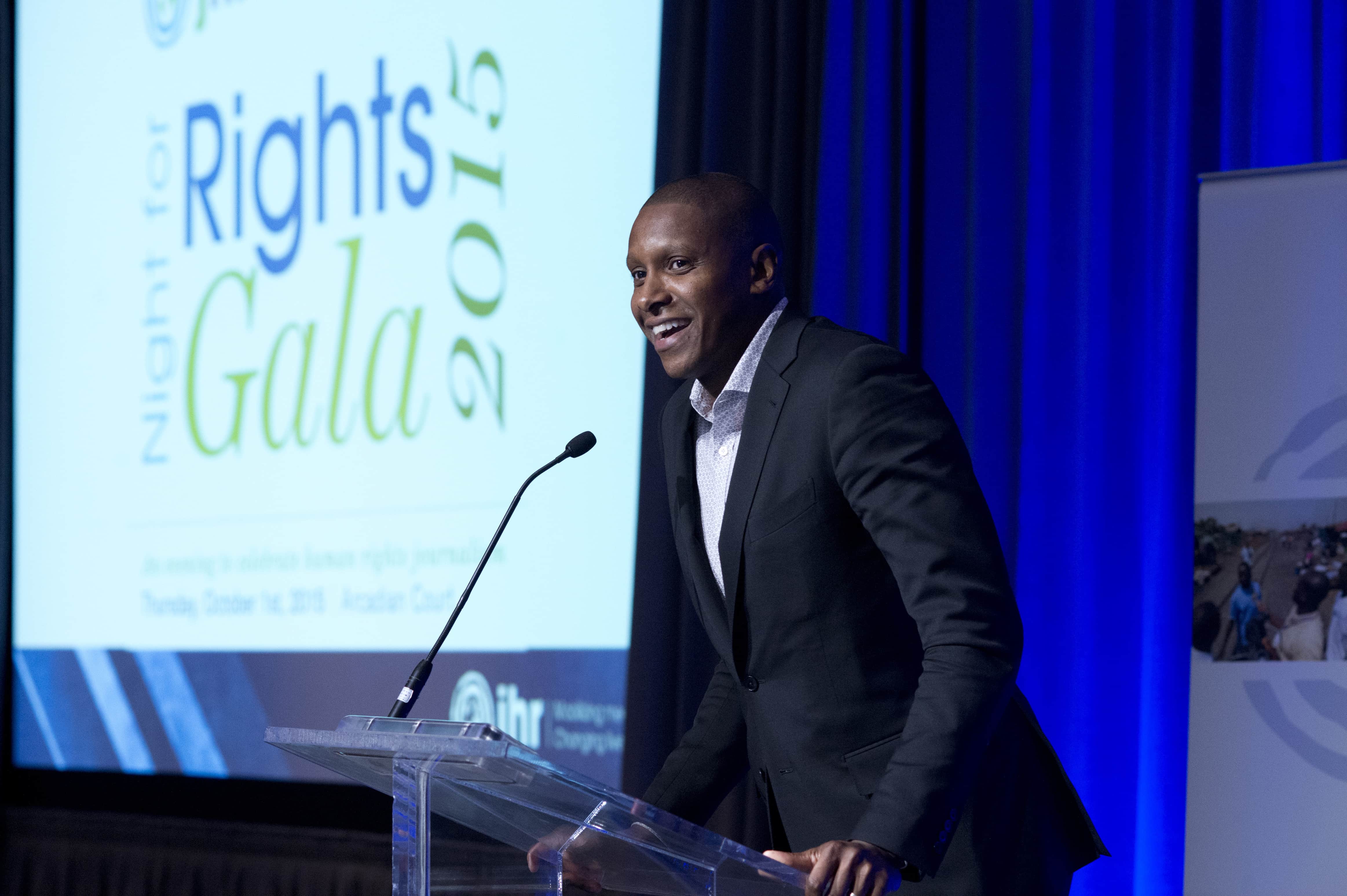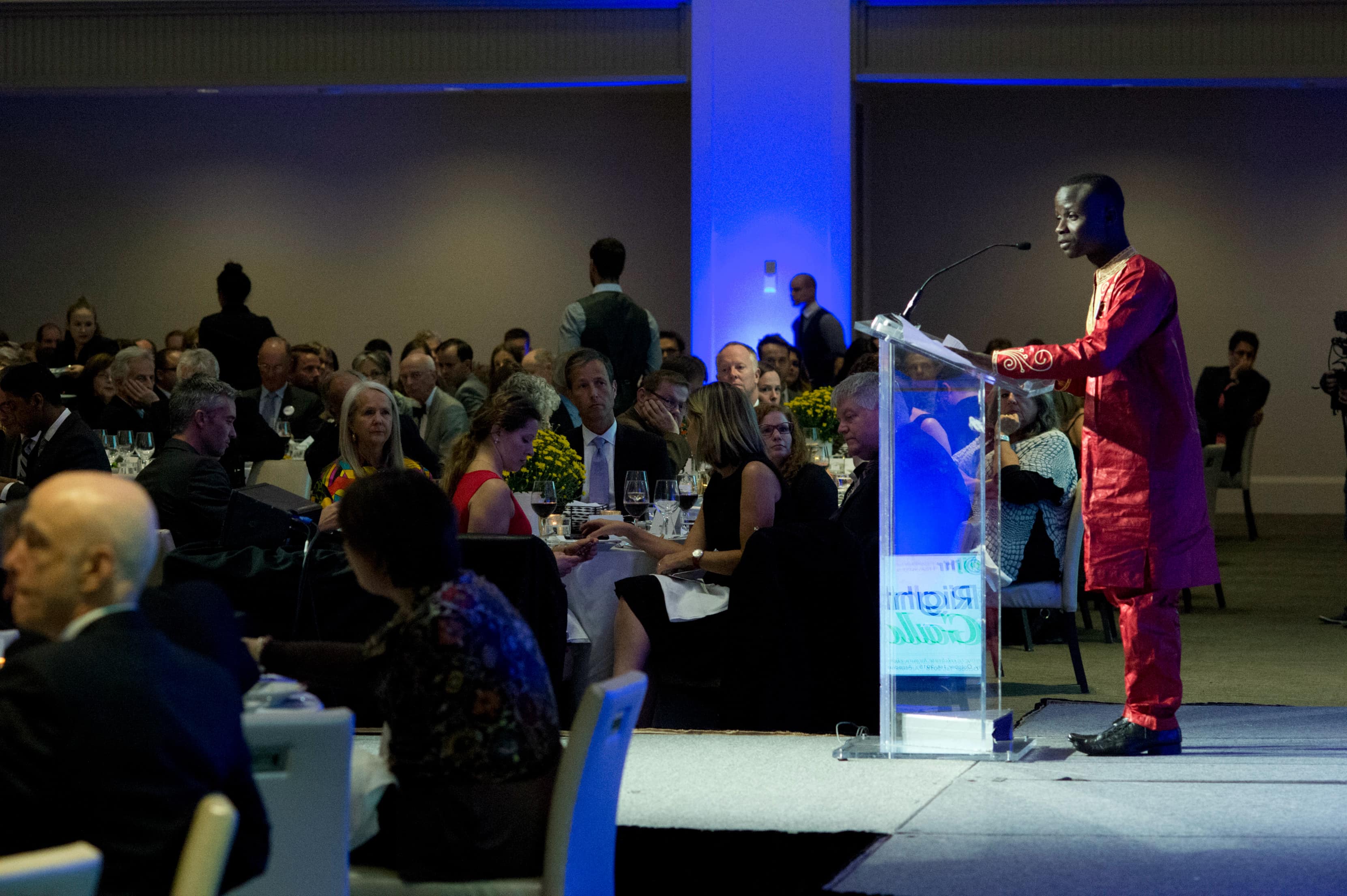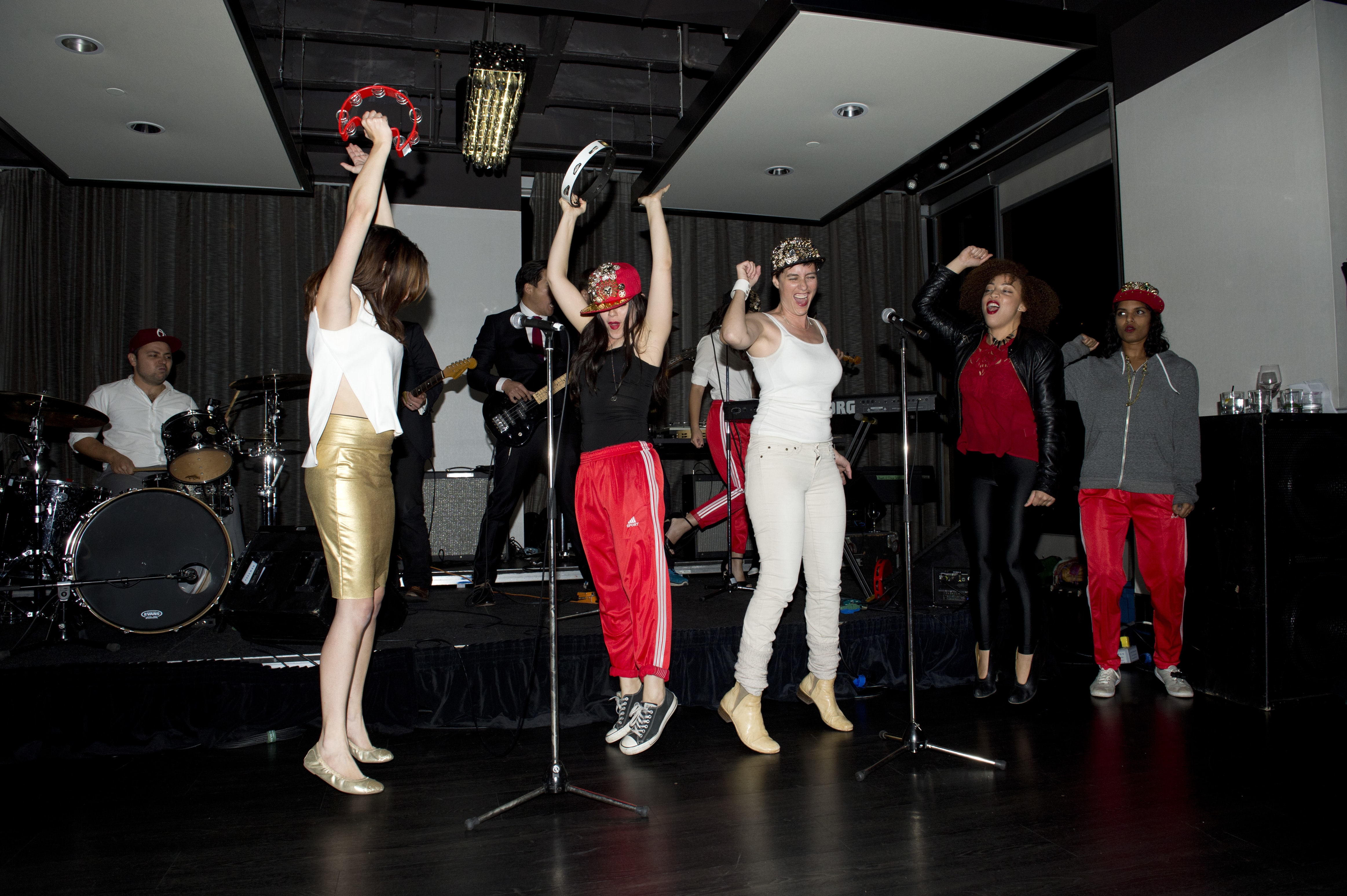My name is Hilary Doyle and I am a journalist and writer. In 2006, I travelled to Ghana for a six-month assignment with JHR. The experience transformed me.
At the time, JHR was still a new organization, finding its feet on the ground overseas, while receiving real acclaim across Canada.
My cohort was painfully aware of how lucky we were to be a part of JHR. We were the early adopters, before the organization was overwhelmed by contenders with Pulitzer nods and Harvard degrees. We knew how privileged we were to be learning about West Africa from inside its newsrooms. It was one of the most valuable and rewarding experiences a young Canadian reporter might hope to have.
Almost 10 years later, I speak about JHR as you would an old friend. I speak about it warmly, wistfully. Of course, what this year’s Night for Rights taught me is just how out of touch I’ve been with the modern Journalists for Human Rights.
The modern JHR is kicking some serious ass. The organization is a force for systemic change in countries across the Middle East and Africa. JHR has also made Aboriginal and Indigenous issues a priority, training over 300 journalists in their expanding program across Canada.
The fearlessness of JHR permeates every level of its operations, and the talent of the executive team led by Rachel Pulfer has convinced some of Canada’s most revered journalists to climb aboard.
Over the course of the evening we heard from Lisa LaFlamme, Dawna Friesen, even Masai Ujiri, who ditched training camp in Vancouver to be at the event. When the Raptor’s GM says this is an organization worth crossing the country for, you take notice.
CNN’s Christiane Amanpour took home this year’s inaugural JHR Lifetime Achievement Award, expressing the strength of her commitment to “comfort the afflicted and afflict the comfortable.” It’s a sentiment shared by the organization, and as we heard from journalists on the ground, this sentiment is alive and thriving.
The strength of JHR’s operations has equipped a reportorial infrastructure that continues to progress even after formal training programs end in country. It’s the most critical mark of a successful international development program, and it’s a hallmark of the JHR experience.
Mustapha Dumbuya is a trainer and mentor with the BBC, and a Southam Massey fellow at the University of Toronto. His coverage of the Ebola crisis prompted his government in Sierra Leone to devote more resources to fight the outbreak. He speaks proudly of his effect on the government, and he speaks loudly about where he received his training as a human rights reporter. The impact of JHR on countries such as Sierra Leone and South Sudan is tangible, and at its best in times of crisis.
To spend an evening in the presence of all things JHR is to realize just how consistently and persistently this small organization effects real change. Their approach appears to be a recipe of unyielding determination, agility, tirelessness, and raw talent. One of the top bids during the night’s fundraising auction was for a personal portrait, painted by Executive Director, Rachel Pulfer. I mean, seriously, is there nothing this team can’t do?
Hilary Doyle is a broadcast journalist, writer, and entrepreneur in Toronto. She holds a BSc. from Northwestern University and a Master of Laws in International Business from the University of Toronto.





